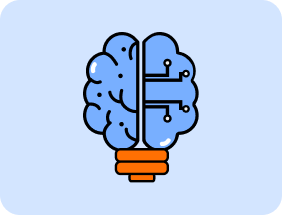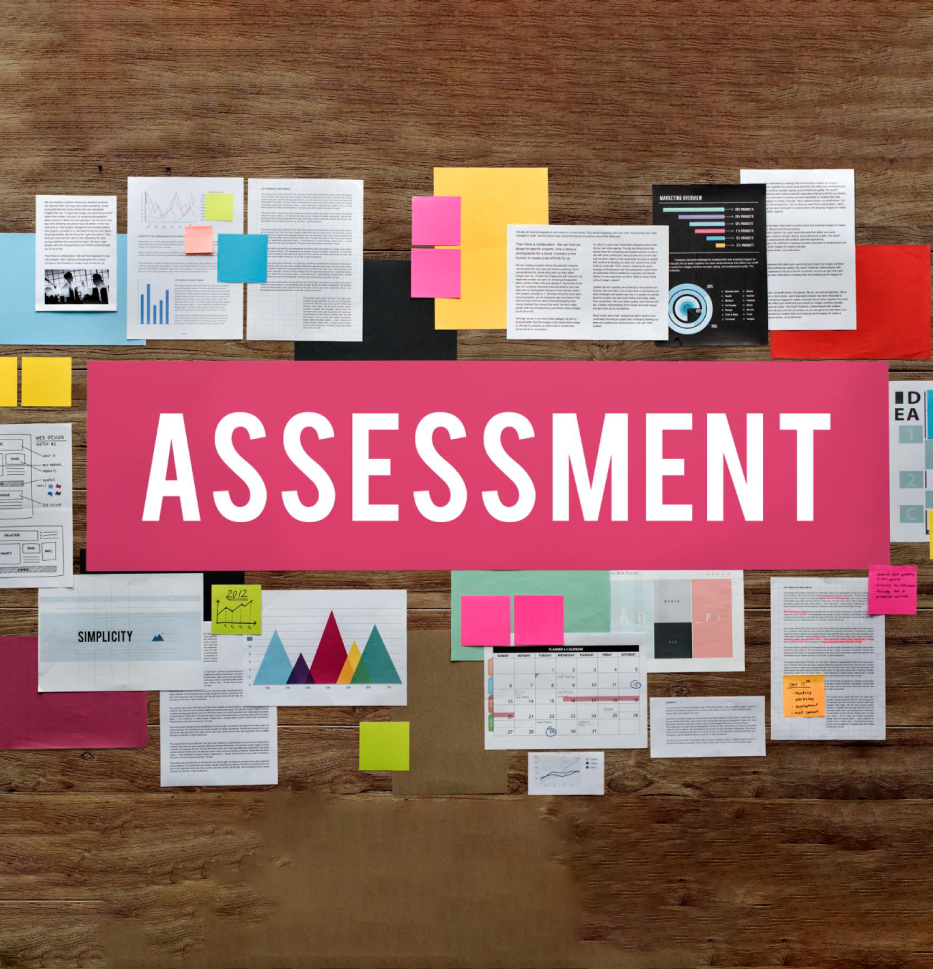- Home
- Solutions
- Join Community
- Methodology
- Limited Offer
-
Pricing
- More
What is the Activity?
Business Games are group-based activities designed to mimic real-world business environments. Participants engage in scenarios such as start-ups, corporate expansions, product launches, crisis management, or mergers and acquisitions. The activity emphasizes applying theoretical knowledge to practical decision-making, enhancing leadership skills, and understanding market dynamics.
Students first select a game type, Strategy, Competitive, Decision-Making, or Innovation/Creativity, aligned with their learning objectives, such as developing business strategy, strengthening negotiation skills, or enhancing critical thinking. The game can be structured as individual, team-based, or competitive team play, depending on the selected format.
Evaluation methods include self-assessment, peer feedback, instructor evaluation, points system, or performance-based metrics, ensuring measurable outcomes for learning objectives. Tasks may range from basic decisions to complex multi-step problem-solving, fostering analytical, leadership, and collaboration skills.




 Individual
Individual
 Learner
Learner Mentor
Mentor Organisation
Organisation
 Learner
Learner Mentor
Mentor Organisation
Organisation







